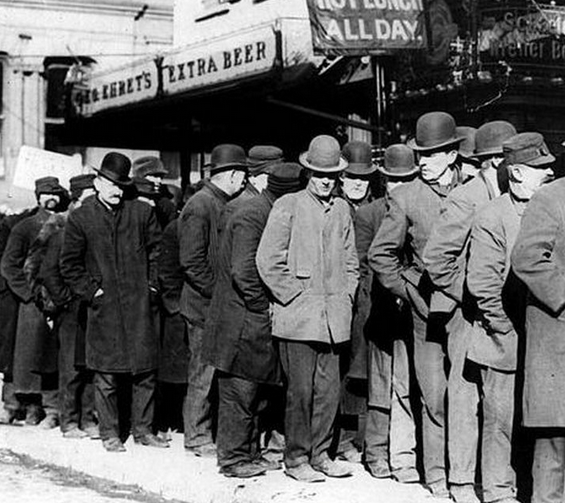According to Diane Coyle, an economist and author of GDP: A Brief Affectionate History, we tend to think about GDP as a natural object, like a mountain, river or lake. But GDP isn’t a thing; it’s an idea – an idea that made the U.S. economy $500 billion bigger in 2013.
Why does the world revolve around an idea that hardly anyone understands? GDP can impact elections, influence major political decisions and determine whether countries can continue borrowing or be put into a recession. In addition, though utilizing the GDP might’ve been a good statistical measure of the economy during the twentieth century, it’s become increasingly inappropriate for an economy driven by innovation, services and intangible goods, argues Coyle.
The GDP was created because of the Great Depression and people first referred to it as national income. In the decades that followed the Great Depression, national income transitioned into gross national product and eventually Gross Domestic Product.
But around the 1950s and 1960s, the GDP began to have too much power. If a country needed help from the World Bank or the United Nations, it needed to know its GDP. When the Cold War began, GDP began to reflect the success of a country and distinguished winners and losers.
When the GDP, a statistical measure of the economy, begins to have an inflated importance that defines whether your country is doing well or not, politicians begin to look at is a measure of their success as well. But what the GDP doesn’t do, as Robert F. Kennedy famously spoke about, it doesn’t measure the “health of children, the quality of their education, or the joy of their play. It doesn’t include the beauty of our poetry or the strength of our marriages, the intelligence of our public debate or the integrity of our public officials.”
Not only is GDP out of touch with our current economy, but economists also warn that GDP is a tool only to be used to measure market activity and not a country’s prosperity. GDP needs to be redefined, restructured and/or replaced in order to enact progressive change. Case in point, GDP tends to rise when crime or pollution increases or when households accrue more debt. When the United States pays to fix the damage from a hurricane or tornado, the GDP actually goes up.
That raises the question, what does a post-GDP world look like and how can we promote a measure of economy that defines real progress in the United States? Justin Zorn, a public service fellow at Harvard University, argues that we need comprehensive indicators that are empathetic to core elements of national wellbeing in the 21st century, including economic mobility, strong families and communities, entrepreneurship, health, education, environmental quality and public safety.
We shouldn’t leave GDP behind, but our ability to collect data and analyze it in new ways opens up the window for innovation in national accounting. With the capacity to tell stories with data in new and more complex ways, we can find an objective truth – a truth that can do better in measuring the prosperity of a nation.
Sources: Huffington Post, Princeton, NPR

